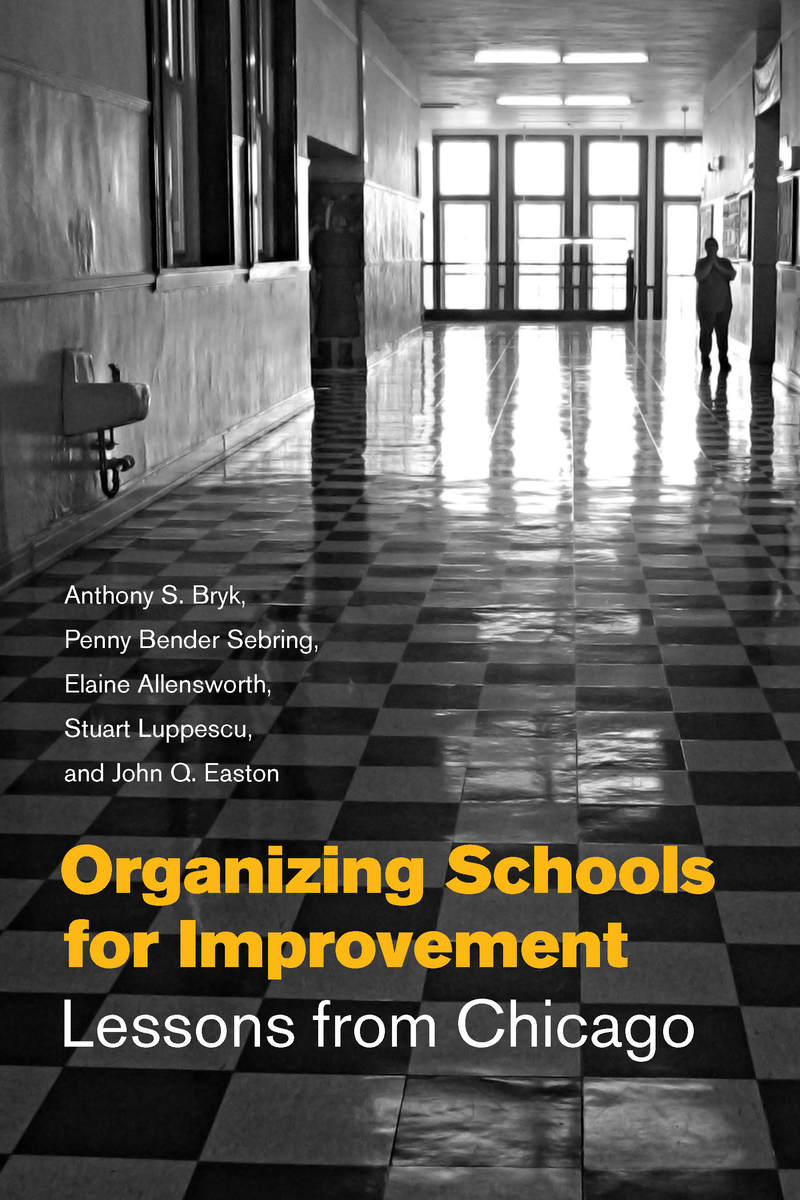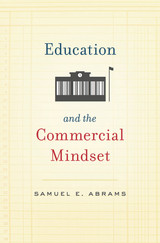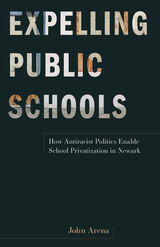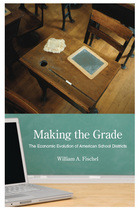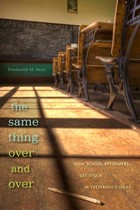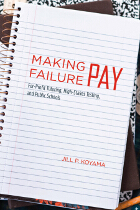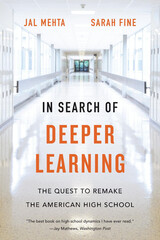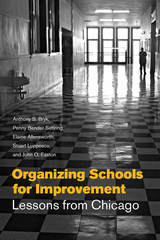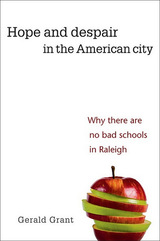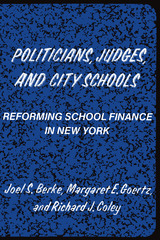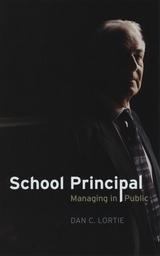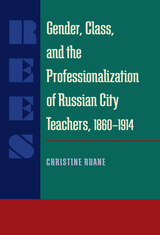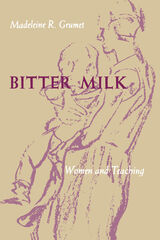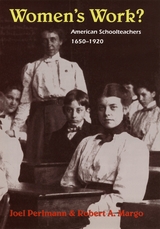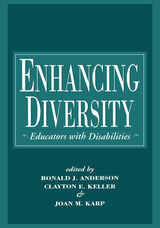eISBN: 978-0-226-07801-4 | Paper: 978-0-226-07800-7 | Cloth: 978-0-226-07799-4
Library of Congress Classification LB2822.83.I3O74 2010
Dewey Decimal Classification 371.2090977311
In 1988, the Chicago public school system decentralized, granting parents and communities significant resources and authority to reform their schools in dramatic ways. To track the effects of this bold experiment, the authors of Organizing Schools for Improvement collected a wealth of data on elementary schools in Chicago. Over a seven-year period they identified one hundred elementary schools that had substantially improved—and one hundred that had not. What did the successful schools do to accelerate student learning?
The authors of this illuminating book identify a comprehensive set of practices and conditions that were key factors for improvement, including school leadership, the professional capacity of the faculty and staff, and a student-centered learning climate. In addition, they analyze the impact of social dynamics, including crime, critically examining the inextricable link between schools and their communities. Putting their data onto a more human scale, they also chronicle the stories of two neighboring schools with very different trajectories. The lessons gleaned from this groundbreaking study will be invaluable for anyone involved with urban education.
See other books on: Education, Urban | Educational change | Educational Policy & Reform | Lessons | Public schools
See other titles from University of Chicago Press
